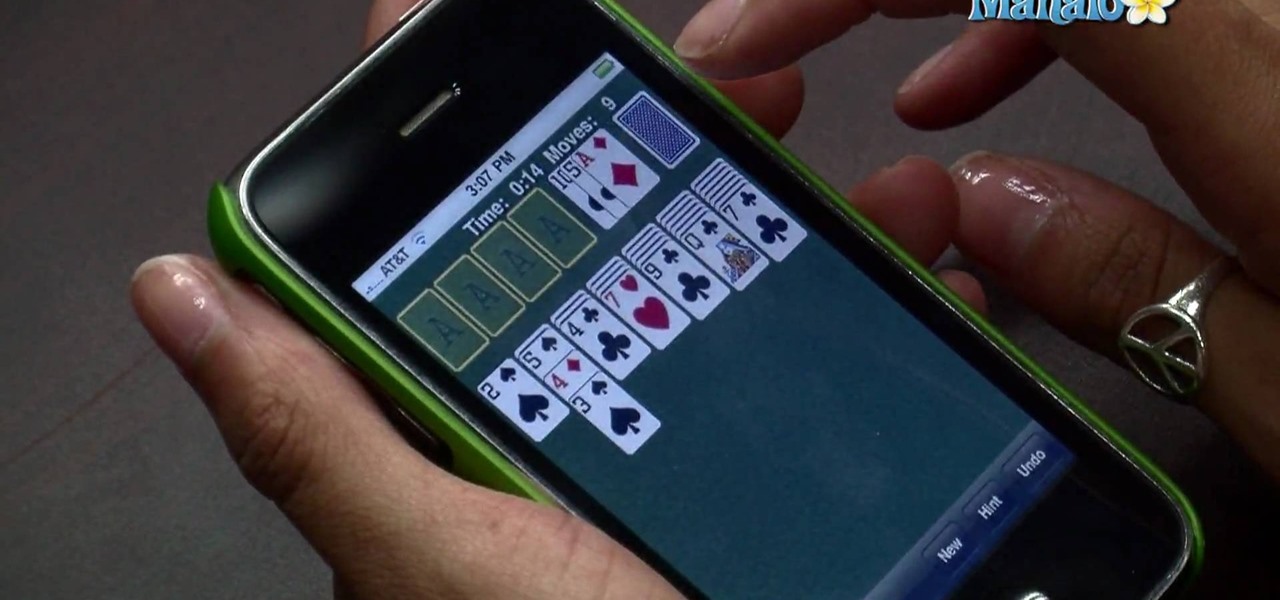Pre-Assignment: Thought-Provoking Product
Product: Cell Phone (smart phone with internet)
When asked to chose a product that I found particularly thought-provoking, I chose a smart phone
with internet access. Now, as this assignment was for an engineering class, one would assume that I had some technological reason for choosing this product. One would be wrong. I chose this product because the way we use it perfectly evidences some problems that I have with our society today. The main problem that I have is this: I have an object in my hand that can access pretty much all of the information ever known to humankind, and yet I mostly just use it to check the time, play solitaire, and watch videos of cats.

I am not alone in this—very rarely do people use their “smart” phones for anything less trivial than directions to a restaurant. What does this say about our society? It basically says that we are superficial idiots who can’t even find our way around our hometowns without a GPS. However, I believe the question with regard to smart phones should not be “why do we use them in such frivolous ways?,” but rather “how can we use them for what we need/want (i.e. maps, time, actually talking to people, etc.), while still decreasing our dependence upon technological gadgetry and respecting the fact that we could use them for much better things?.”
with internet access. Now, as this assignment was for an engineering class, one would assume that I had some technological reason for choosing this product. One would be wrong. I chose this product because the way we use it perfectly evidences some problems that I have with our society today. The main problem that I have is this: I have an object in my hand that can access pretty much all of the information ever known to humankind, and yet I mostly just use it to check the time, play solitaire, and watch videos of cats.

I am not alone in this—very rarely do people use their “smart” phones for anything less trivial than directions to a restaurant. What does this say about our society? It basically says that we are superficial idiots who can’t even find our way around our hometowns without a GPS. However, I believe the question with regard to smart phones should not be “why do we use them in such frivolous ways?,” but rather “how can we use them for what we need/want (i.e. maps, time, actually talking to people, etc.), while still decreasing our dependence upon technological gadgetry and respecting the fact that we could use them for much better things?.”
This question does not necessarily have an answer, but I believe that the first step to finding a solution to the problem of overdependence on technology is to get people to admit that it is a problem. Did you know that you can be addicted to technology? Think about it. The definition of addiction is "the state of being enslaved to a habit or practice (Dictionary.com)." We all know at least one person who cannot go anywhere without their cell phone, laptop, tablet, and MP3 player. This, like any addiction has a ripple effect on the many people involved in the addict's life and the constant interruptions to check gadgets can "take a toll on our bodies and our mental states," potentially causing headaches and insomnia, among other, more serious problems. (WebMD.com).
This is not merely an individual problem - overdependence on technology is a societal problem as well. We depend on machines for many things in our lives, more than we realize, and it is causing us to lose important skills. Not to sound paranoid or anything, but how many of us can truthfully say that we could survive if there was a worldwide blackout or if we got lost in the wilderness? How many people can build a fire without matches, make a bow and hunt, or even forage for edible plants? Not to mention long-term necessities like clothing and shelter. The answer: not very many.

Now, as the aforementioned scenario is unlikely to happen to any people reading this post, I want you to try to apply this to regular life by looking at the young people that you know (or yourself). How many can read a map? Not Google Maps, but a real, paper map. How many have decent handwriting? How many can still do simple addition and multiplication with ease and without using a calculator? Do any of them actually know how to build the computer that they are using for over 7.5 hours per day on average (Los Angeles Times)? I understand the concept of technology evolving and society moving forward, but how can we be sure that we aren't moving forward in some areas by moving backward in others?
Sources:
Pictures:
This is not merely an individual problem - overdependence on technology is a societal problem as well. We depend on machines for many things in our lives, more than we realize, and it is causing us to lose important skills. Not to sound paranoid or anything, but how many of us can truthfully say that we could survive if there was a worldwide blackout or if we got lost in the wilderness? How many people can build a fire without matches, make a bow and hunt, or even forage for edible plants? Not to mention long-term necessities like clothing and shelter. The answer: not very many.

Now, as the aforementioned scenario is unlikely to happen to any people reading this post, I want you to try to apply this to regular life by looking at the young people that you know (or yourself). How many can read a map? Not Google Maps, but a real, paper map. How many have decent handwriting? How many can still do simple addition and multiplication with ease and without using a calculator? Do any of them actually know how to build the computer that they are using for over 7.5 hours per day on average (Los Angeles Times)? I understand the concept of technology evolving and society moving forward, but how can we be sure that we aren't moving forward in some areas by moving backward in others?
Sources:
- http://www.webmd.com/mental-health/features/when-technology-addiction-takes-over-your-life
- http://dictionary.reference.com/browse/addiction?s=t
- http://elevenamproject4.wordpress.com/2013/04/26/technology-overdependence-the-effect-on-children/
- http://articles.latimes.com/2010/jan/20/business/la-fi-youth-media21-2010jan21
Pictures:
- http://us.123rf.com/400wm/400/400/ndul/ndul1202/ndul120200007/12369624-conceptual-image-about-how-a-smartphone-with-internet-connect-us-to-worldwide-information--multimedi.jpg
- http://cdn.brafton.com/wp-content/uploads/2011/11/Touchscreen-smartphone-e1326898450912.jpg
- http://www.craveonline.com/images/stories/2011/2012/November/Comedy/7-videos-cats-watching-tennis-header.jpg
- http://img.wonderhowto.com/img/40/93/63475367467414/0/play-solitaire-apple-iphone-4-ipod-touch.1280x600.jpg
- http://www.dailymobile.net/wp-content/uploads/2013/04/technology_addiction.jpg
- http://offgridsurvival.com/wp-content/themes/mimbo2.2/images//2008/05/hand-drill.jpg





I encourage you to think about the converse to your concerns. "we are superficial idiots who can’t even find our way around our hometowns without a GPS" Quite possibly, but are we replacing our ability to find our way with something else equally important. When writing my dissertation, I was struck by how much time I saved looking up references and citing them using technology, not spending hours in the stacks of the library, hand-typing references with my style manual dog-eared by my side, like the old days. This freed me up to do better research and find more references than I would have otherwise!
ReplyDelete"Do any of them actually know how to build the computer that they are using for over 7.5 hours per day on average?" I definitely don't, though I understand the basics. But that computer/phone allows me to do amazing things I couldn't do 2 decades ago, including but far from limited to cute kitten videos.
I am curious about disruptive technologies from history ... maybe the car would be an interesting parallel, or the printing press. What were the criticisms and societal implications. Some aspects are highly problematic too, yet these technologies persisted.
I also encourage you to search out what is being done to help people manage their time better on their phones and internet devices. What's working, where are we headed, and what happens when we're wearing google glasses and the like?